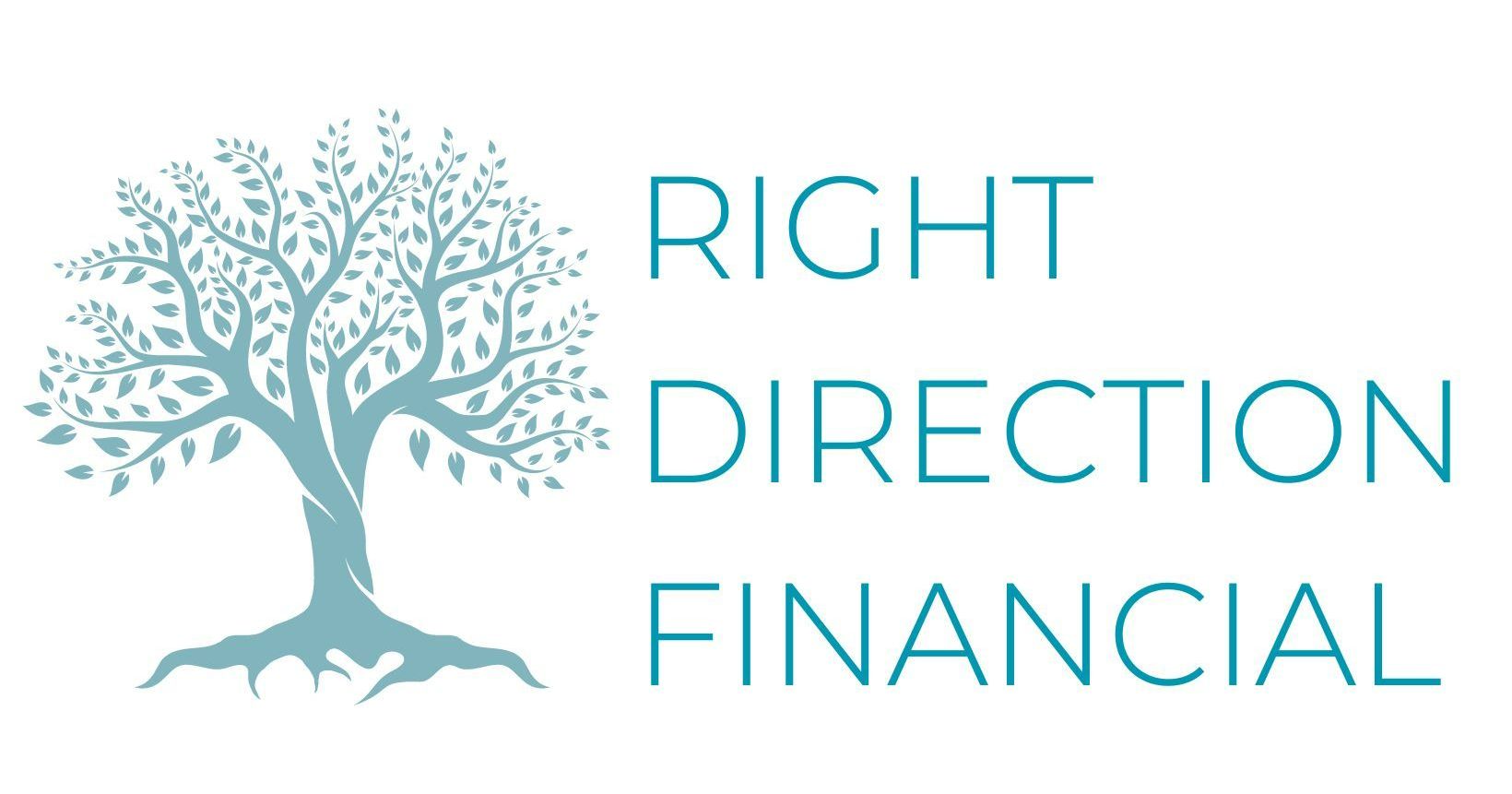Our estate planning checklist is a helpful guide for individuals looking to prepare their estate, including drafting or updating their will.
Here's a breakdown of the key steps in the checklist:
List your assets and liabilities:
- Include all your real estate, personal items, bank accounts, digital assets, mortgages, loans, and credit cards. This is a crucial step to understand the extent of your estate.
List your beneficiaries:
- Create a comprehensive list of beneficiaries, considering dependents, family members, friends, and charitable organizations. Decide how you want to distribute your estate among them.
Consult with a tax professional or financial advisor:
- While not mandatory, consulting a tax professional or financial advisor can help you understand the tax implications of your estate planning decisions. Donations to charitable organizations, for example, can reduce the estate's tax liability.
Speak to and determine guardians:
- If you have minor children, discuss and choose guardians for them. Ensure that the selected individuals are willing to take on this responsibility and support your plans.
Select and speak to your executors:
- Choose an executor for your will, and have a candid conversation with them. Consider having a backup executor in case the primary choice is unavailable. Provide the executor with information about your assets and key contacts.
Select a Power of Attorney:
- Designate individuals for both property and personal care powers of attorney. It's essential that they understand your intentions and responsibilities associated with these roles.
Think about what you want to be distributed outside your will:
- Some assets, like RRSPs, TFSA, RRIFs, life insurance, or jointly owned assets, can bypass your will and go directly to the beneficiary. Consider how these assets should be distributed.
Seek out a professional:
- With the checklist completed, it's time to consult with a legal professional, such as a lawyer or notary. They can help you draft or update your will. Alternatively, if your will is simple and you're tech-savvy, you can explore online will-writing services.
Remember that estate planning is a crucial process, and it's advisable to review your will periodically, especially after significant life events or changes in your financial situation to ensure it remains up to date and reflective of your wishes. Consulting with a legal professional can provide you with tailored advice and ensure your estate plan is legally sound.
Source: www.canada.ca


















